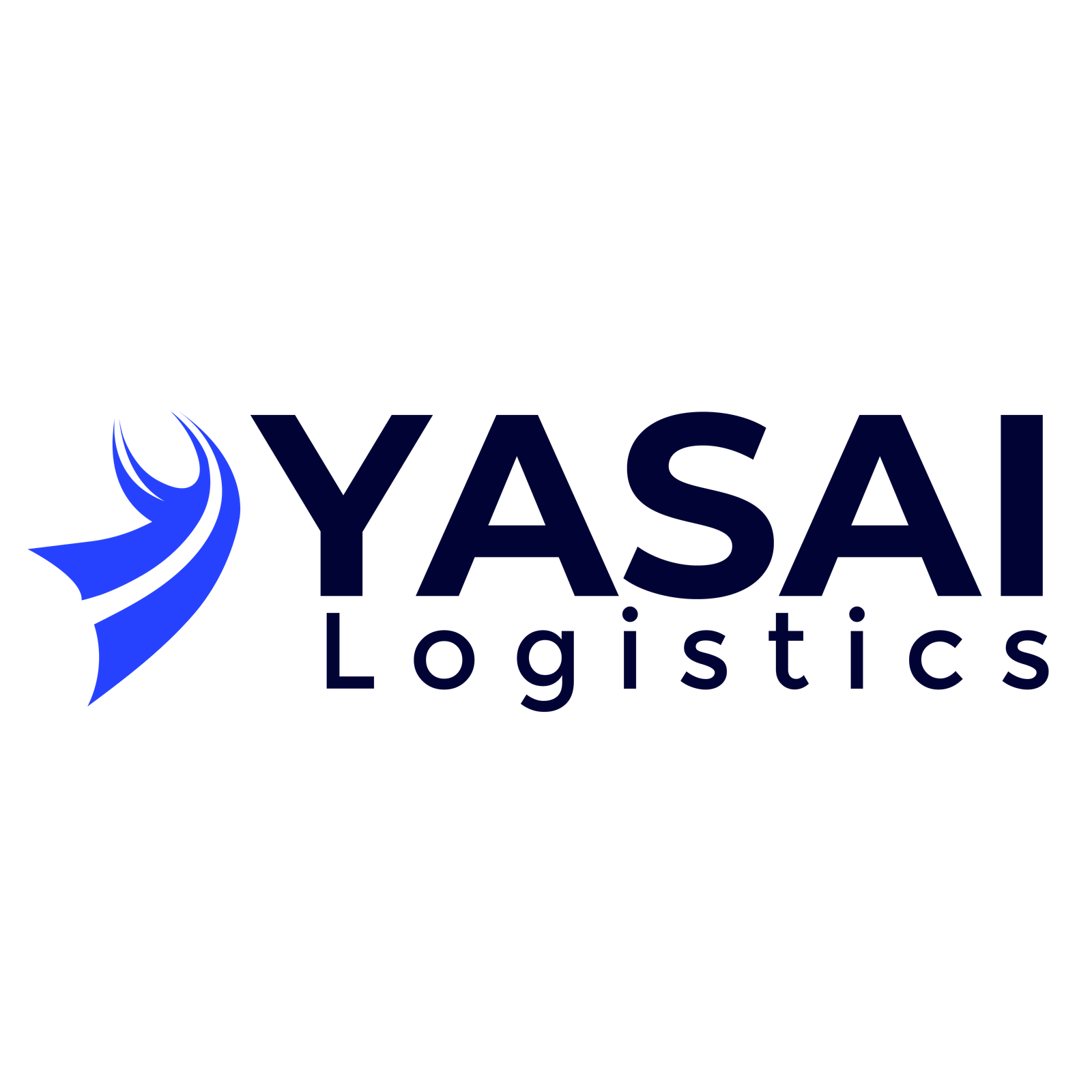Technology has innovatively changed how the freight forwarding and logistics industry does business in today’s connected, high-velocity world. Gone is the process that was bogged down by mountains of paper and manual tracking; what remains is a domain that is streamlined, more efficient, and rather automated.
Service freight forwarding has evolved rapidly due to innovations that enhance accuracy, transparency, and speed. Indeed, adopting technological changes stopped being an option and has become an imperative for freight and forwarding companies to remain competitive.
The role of technology in modern freight forwarding
Freight forwarding generally involves making arrangements for the transportation of goods from one location to another, often across international borders. It typically involves many elaborative steps in planning, documentation, and communication between the consignor and carrier or customs authority.
These various tasks were often managed manually in the past, which resulted in delays, errors, and inefficiencies. Technology has transformed this into a vastly different kind of freight forwarding service.

Automation is perhaps one of the major influences of technology on freight forwarding . It could perform repetitive jobs such as data entry, document generation, and shipment tracking sans human interference and hence expedite operations with minimal scope for error. For example, automated customs clearance systems can pre-clear shipments that could enable faster border crossings and lesser chances of delay.
Furthermore, automation assists freight forwarding companies in managing massive shipment volumes with greater efficiency. This, in turn, manages to reduce operations and streamlines the process by which a company can handle more clients and shipments using the same or fewer resources, thus saving costs while improving profitability.
2. Real-time Tracking and Visibility:

In modern freight forwarding service, real-time tracking and visibility have become almost vital parts. Advanced tracking technologies, like GPS and IoT sensors, enable both the shipper and the clients to trace the location and status of their shipment at any instance in time. Such unprecedented levels of visibility foster trust and improve decision-making capabilities because companies can act swiftly on any issue arising during shipment.
Real-time tracking for freight and forwarding companies means better control of operational aspects. This also means accurate knowledge of the location of shipments to enable companies to reroute, if necessary, to avoid delays and offer on-time delivery. This level of precision is of particular importance in today’s just-in-time supply chains, where a delay in one part may have significantly rippling consequences.
3. Data Analytics and Predictive Insights:

It also transformed the logistics industry, as it gave freight forwarding companies insights into making informed decisions based on data. In such a context, the use of historical shipment data enables a company to identify shipment route patterns and forecast various risks. For example, predictive analytics will go a long way in predicting weather conditions, port congestion, and other elements that can contribute to delays in delivery times. This would offer an opportunity for the company to adopt cautionary measures in advance.
Data analytics also helps freight forwarding services to enhance customer experiences. If analyzed, customer data can give insights that help companies come up with specific offerings, anticipate demand, and even provide customized services. Such a customer-centric approach enhances satisfaction and eventually creates loyalty, leading to repeat business.
4. Digital Documentation and Blockchain:
Documentation has always remained a big headache for any logistics industry. Starting from bills of lading to customs declarations, traditionally it is a big blockade in the freight forwarding services. Digital documentation has considerably streamlined the whole process and has enabled faster and more accurate processing of documents.
Blockchain technology is also causing ripples in freight and forwarding companies because it offers security and complete transparency in documentation. It could store all the relevant documents and transactions in a tamper-proof digital ledger so that all parties can access the same information. This reduces the chances of disputes and fraud, while it speeds up the verification process.
5.Enhanced Customer Experience:
Technology has also empowered freight forwarding services to allow their customers better exposure to improved transparency, quicker services, and more efficient communication. The online portals and mobile applications allow customers to book shipments, track progress, and access critical documents quite easily. It ensures that automated notifications keep one updated at each stage in the shipping process, thereby minimizing follow-up.
More than this, with the integration of AI-powered chatbots, along with virtual assistants, freight forwarding companies are enabled to offer 24/7 customer support, answering queries and resolving issues in real-time. This level of service was unimaginable only a few years ago, and it is now becoming the industry standard.
6. Sustainability and Green Logistics:

The fact that most freight forwarding companies have now grasped concerns about sustainability technology has also come to the aid of this industry as a means of reducing environmental degradation. Advanced route optimization software can cut fuel consumption by automatically choosing the most efficient paths. Equally, electric and hybrid vehicles are becoming increasingly common for last-mile delivery, reducing carbon emissions.
Besides that, it can also offer businesses insight into their carbon footprint, hence showing them where improvement is most needed. The implementation of green logistics allows freight and forwarder companies to reduce environmental degradation while marketing themselves to eco-sensitive customers who equally care about the future of the planet.
The Future of Freight Forwarding and Logistics
The future of freight forwarding services demands the advent of new technological advancements. As the development of various technologies like artificial intelligence, machine learning, and autonomous vehicles keeps evolving, so does their effect on the industry’s efficacy. AI and machine learning have the potential to go even further in optimizing routes and schedules while the promise of autonomous vehicles could reshape last-mile delivery.
As long as e-commerce continues to grow, so will the demand for responsible freight forwarding . Such freight forwarding companies that will be able to head in the right direction of adopting new technologies are going to be much better off to meet this demand and sustain competitiveness in the market as well.
Conclusion
With technological advancements, freight forwarding and logistics have changed from a manual and paper-based system to a highly automated, effective, and efficient process. The technological change brought immense improvement in accuracy, speed, and customer satisfaction, therefore becoming a fundamental tool in modern freight forwarding services.
With the continuous development in the industry, freight and forwarding companies have to keep embracing new technologies to gain a competitive edge and meet growing global market demands. This way, they will enhance their operations while delivering value to customers for long-term success in an increasingly digital world.

